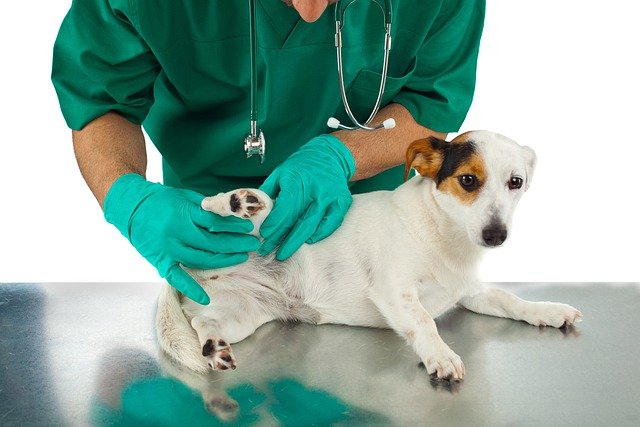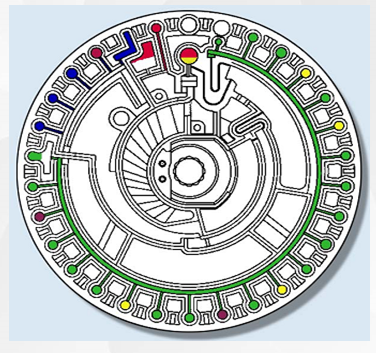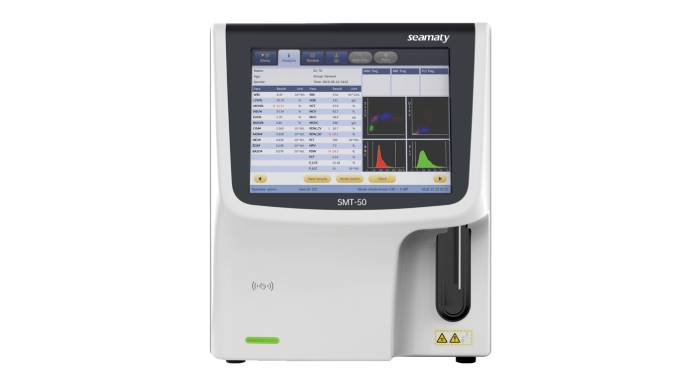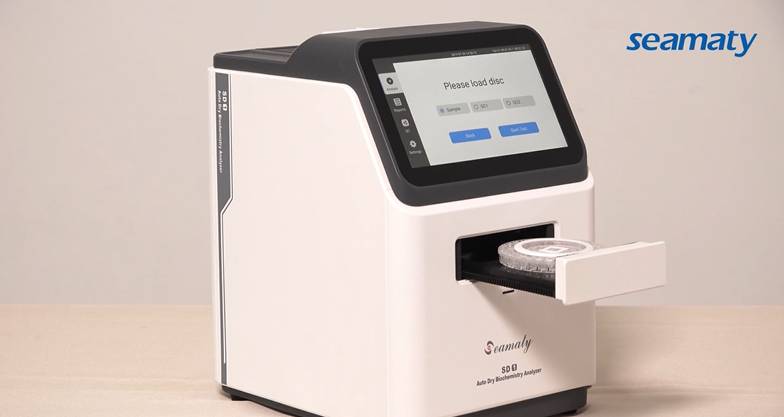release time:2021-12-27 13:32:00
When you take your pet to the hospital, your pet may be faced with various tests. For example, gauge tests (including checking the five senses and the inside of the mouth, coat health, skin health, heart rate, blood pressure, respiration, and body temperature.) , blood tests (including complete blood count CBC and blood biochemical tests.) Fecal examination, X-ray examination, ultrasound examination, urine examination, etc.
Routine blood tests, blood biochemical tests, fecal tests, urine tests, skin tests, etc. are the main items of laboratory tests in animal hospitals at present.
Biochemical test mainly detects liver function, kidney function, blood glucose, lipid, electrolyte, total protein, albumin, calcium, ammonia, magnesium, iron, chloride and so on. Biochemical tests are used to diagnose liver disease, kidney disease, diabetes, and electrolyte disorders. It can help doctors understand the nutritional status of the animal's body and can detect potential lesions in the body. Especially for the diagnosis and treatment of geriatric and chronic internal diseases have important significance.

The above five tests are common in veterinary hospitals. They can help the veterinarian to determine the condition of the pet and have a very important role.

2022-10-11
The kits for use with the Seamaty SD1 dry chemistry analyzer are packaged separately. The kit comes with its own diluent, no need to add it manually. The kits are lyophilized reagents, refrigerated at 2~8°C, and are valid for up to 1 year.

2022-09-15
The earliest hematology analyzers were based on the principles of capacitance and photoelectric colorimetry. This instrument can only determine red blood cells and white blood cells. And it was susceptible to the interference of many factors.

2021-11-02
In the previous article we learned about 10 reasons why biochemistry analyzer reagents interfere with each other. If the results of biochemical tests are inaccurate. So many possible causes, so which one is affecting the test results? How to troubleshoot it?